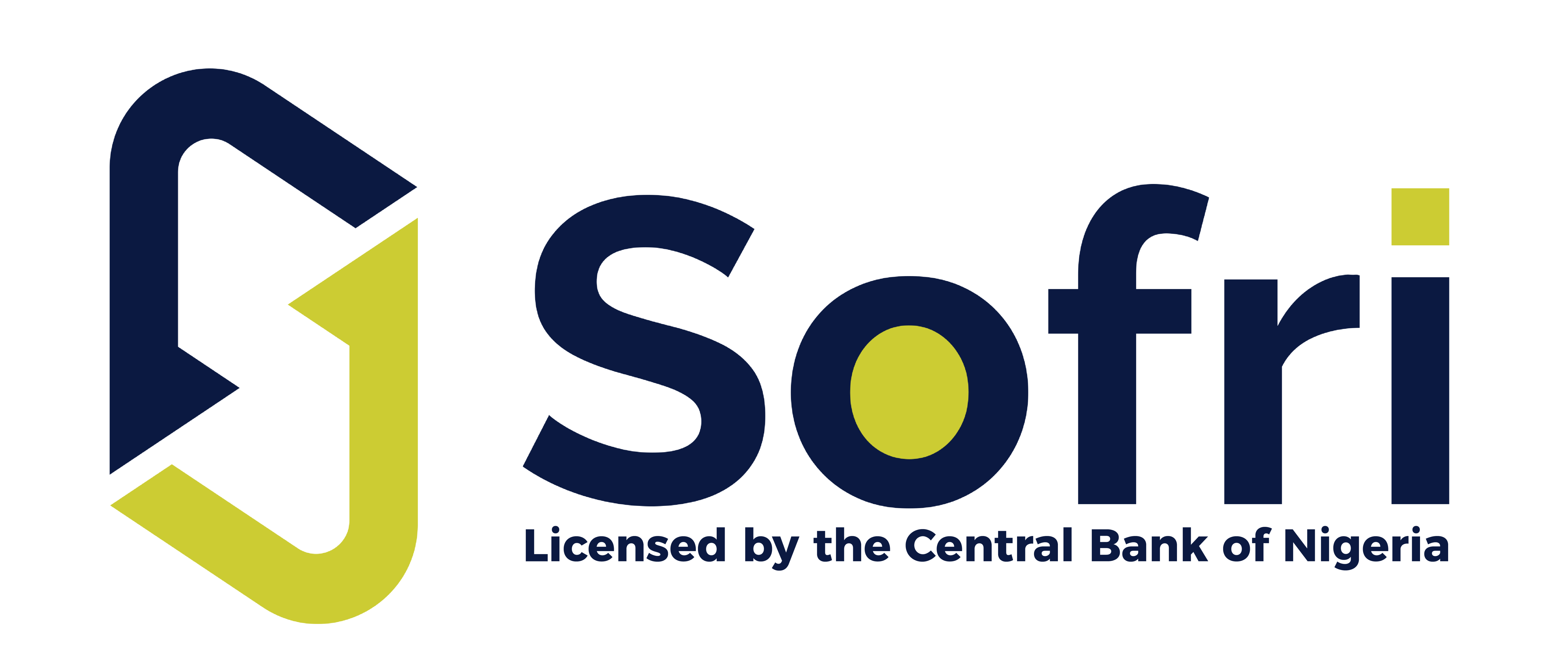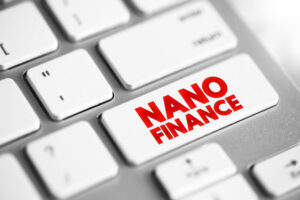Introduction to Types of Loans in Nigeria
How to get any type of loans in Nigeria: In today’s fast-paced world, access to financial resources is essential for meeting both immediate and long-term needs. In Nigeria today, the availability of various loan options has made it easier for individuals and businesses to achieve their goals. Whether you’re looking to buy a car, pay your rent, cover unexpected expenses, or even take advantage of small-scale financing, there are numerous loan types tailored to different needs. In this blog post, we’ll explore the various types of loans available in Nigeria, including personal loans, car loans, rent loans, salary loans, and nano-loans, to help you make informed financial decisions.
1. Personal Loans
Personal loans are one of the most common types of loans in Nigeria. They are typically unsecured, meaning you don’t need to provide collateral to access them. Personal loans are versatile and can be used for various purposes, such as medical emergencies, education, home improvements, or debt consolidation.
Key Features:
- Loan amounts vary per lender, ranging from ₦50,000 to ₦5,000,000 or more.
- Interest rates might range from 15% to 30% per year, depending on the lender and borrower’s creditworthiness.
- Repayment period typically ranges from 6 to 60 months.
- Eligibility: Employed individuals with a consistent income or self-employed individuals with a documented income source.
Popular Providers:
Sofri (Links Microfinance Bank). Banks like GTBank, Access Bank, and Zenith Bank offer personal loans.
Loan Eligibility Criteria For Personal Loan:
- Age: Applicants must typically be between 21 and 60 years old.
- Income: A steady and verifiable income is required. Some lenders may specify a minimum monthly income, usually around ₦50,000 to ₦100,000.
- Employment Status: Applicants must be employed or self-employed with a stable income.
- Credit History: A good credit history improves the chances of approval, though some lenders may consider applicants with limited or poor credit.
- Residence: Proof of residence is often required.
Loan Requirements for Personal Loan:
- Valid ID: National ID, International Passport, Driver’s License, or Voter’s Card.
- Bank Statements: Typically, the last 6 months’ bank statements.
- Proof of Income: Recent pay slips (usually the last 3 months) or tax returns for self-employed individuals.
- Utility Bill: For proof of address, usually a recent electricity or water bill.
- Employment Verification: A letter from your employer may be required.
2. Car Loans
Car loans are specifically designed for individuals who want to purchase a new or used vehicle. These loans are secured, meaning the car itself serves as collateral until the loan is fully repaid.
Key Features of Car Loan:
- Loan Amount: Typically covers up to 70% to 90% of the car’s value.
- Interest Rates: Ranges from 16% to 25% per annum.
- Repayment Tenure: Generally between 12 to 60 months.
- Eligibility: Applicants must have a steady income and may need to make a down payment.
Popular Providers:
Sofri (Links Microfinance Bank), Major banks like First Bank, Access Bank, and Stanbic IBTC offer car loans. Some car dealerships like Cars 24 and Autochek also partner with financial institutions to provide financing options.
Loan Eligibility Criteria for Car Loans:
- Age: Applicants must generally be between 21 and 65 years old.
- Income: A stable and sufficient income to cover monthly repayments. Lenders may require a minimum monthly income of ₦100,000 to ₦300,000.
- Employment Status: Must be employed or self-employed with a verifiable income source.
- Down Payment: Some lenders require a down payment, often around 10% to 30% of the car’s value.
- Credit History: A favorable credit score is preferred.
Loan Requirements for Car Loan:
- Valid ID: National ID, International Passport, Driver’s License, or Voter’s Card.
- Bank Statements: Usually the last 6 months.
- Proof of Income: Recent pay slips or tax returns.
- Employment Letter: May be required for salaried employees.
- Vehicle Details: Proforma invoice or details of the vehicle you intend to purchase.
- Insurance: Proof of comprehensive insurance for the vehicle.

3. Rent Loans
Rent loans are becoming increasingly popular in Nigeria, especially in urban areas where rent prices are high. These loans help individuals pay their rent upfront, allowing them to spread the cost over several months.
Key Features of Rent Loans:
- Loan Amount: Typically covers one year of rent, depending on the borrower’s income.
- Interest Rates: Can range from 18% to 30% per annum.
- Repayment Tenure: Typically spread over 6 to 12 months.
- Eligibility: Employed individuals with a steady income and a good credit history.
Popular Providers:
Sofri (Links Microfinance Bank), offer rent loan services, often with flexible repayment options tailored to individual needs.
Loan Eligibility Criteria for Rent Loan:
- Age: Typically between 21 and 60 years old.
- Income: Must have a stable income that can cover loan repayments. Lenders may require a minimum monthly income of ₦50,000 or more.
- Employment Status: Employed or self-employed with a verifiable income.
- Credit History: A good credit rating is beneficial but not always necessary.
Loan Requirements for Rent Loan:
- Valid ID: National ID, International Passport, Driver’s License, or Voter’s Card.
- Bank Statements: Last 6 months’ statements.
- Proof of Income: Recent pay slips or tax returns.
- Tenancy Agreement: The agreement between you and your landlord, indicating the rental amount.
- Utility Bill: Recent bill as proof of residence.
- Landlord’s Details: Contact information for your landlord.
4. Salary Loans
Salary loans, also known as payday loans, are short-term loans designed for employees who need quick access to funds before their next paycheck. These loans are typically unsecured and are repaid directly from the borrower’s salary.
Key Features:
- Loan Amount: Typically ranges from ₦10,000 to ₦500,000.
- Interest Rates: Often ranges from 3% to 10% monthly.
- Repayment Tenure: Usually due on the borrower’s next payday or within 1 to 3 months.
- Eligibility: Salaried employees with proof of employment and income.
Popular Providers:
Sofri (Links Microfinance Bank), Banks like Access Bank and UBA offer salary loans, also provide quick salary advances.
Loan Eligibility Criteria For Salary Loan:
- Age: Generally between 21 and 60 years old.
- Income: A regular salary from a verifiable source. Lenders may set a minimum monthly income requirement.
- Employment Status: Must be a salaried employee with a steady income.
- Employer Confirmation: Some lenders require confirmation of employment from your employer.
Loan Requirements for Salary Loan:
- Valid ID: National ID, International Passport, Driver’s License, or Voter’s Card.
- Pay Slips: Usually the last 3 months’ pay slips.
- Bank Statements: Last 3 to 6 months’ bank statements.
- Employment Letter: Confirmation letter from your employer.
- Employer’s Details: Contact details of your employer for verification.
5. Nano-Loans
Nano-loans are micro-loans designed to cater to immediate, small-scale financial needs. These loans are usually offered by fintech companies and are popular among individuals who require quick cash for emergencies or small purchases.
Key Features:
- Loan Amount: Ranges from ₦1,000 to ₦100,000.
- Interest Rates: Can be as high as 5% to 30% monthly, depending on the lender.
- Repayment Tenure: Typically 7 to 30 days.
- Eligibility: Open to anyone with a mobile phone and bank account, though some lenders may require proof of income.
Popular Providers:
Sofri (Links MFB), specialize in nano-loans, providing instant approval and disbursement through mobile platforms.
Loan Eligibility Criteria for Nano-Loan:
- Age: Usually between 18 and 60 years old.
- Income: While some lenders may not strictly require proof of income, having a verifiable source of income increases your chances of approval.
- Employment Status: Open to both employed and self-employed individuals.
- Credit History: Not always necessary, thereby making nano-loans accessible to a wider range of people.
Loan Requirements for Nano-Loan:
- Valid ID: National ID, International Passport, Driver’s License, or Voter’s Card.
- Bank Verification Number (BVN): Often required for identity verification.
- Smartphone: Since most nano-loans are applied for via mobile apps, a smartphone is necessary.
- Bank Account: A Nigerian bank account where the loan can be disbursed.
- App Registration: Download and register on the lender’s app, providing necessary details such as name, address, and BVN.
Choosing the Right Loan
Selecting the right type of loan depends on your specific needs, financial situation, and ability to repay. Here are some tips to help you choose:
- Assess Your Needs: Clearly define why you need the loan and how much you require. For instance, if you’re buying a car, a car loan is ideal; if you need a small amount for a short period, consider a nano-loan.
- Understand the Costs: Carefully consider the interest rates, fees, and repayment terms. It’s important to know the total cost of the loan and how it fits into your budget.
- Check Eligibility Requirements: Ensure you meet the lender’s requirements before applying. This will save you time and increase your chances of approval.
- Read the Fine Print: Always read and understand the loan agreement before signing. Pay attention to any hidden fees, penalties, and the lender’s policies.
Conclusion of Loan Types in Nigeria
The availability of various loan types in Nigeria offers individuals and businesses the flexibility to meet their financial needs. Whether you need a personal loan for unexpected expenses, a car loan to purchase your dream vehicle, or a nano-loan for urgent cash needs, understanding the options available can help you make better financial decisions. Always remember to borrow responsibly, keeping in mind your repayment ability to avoid falling into debt traps. With the right knowledge, loans can be a powerful tool for achieving your financial goals.



